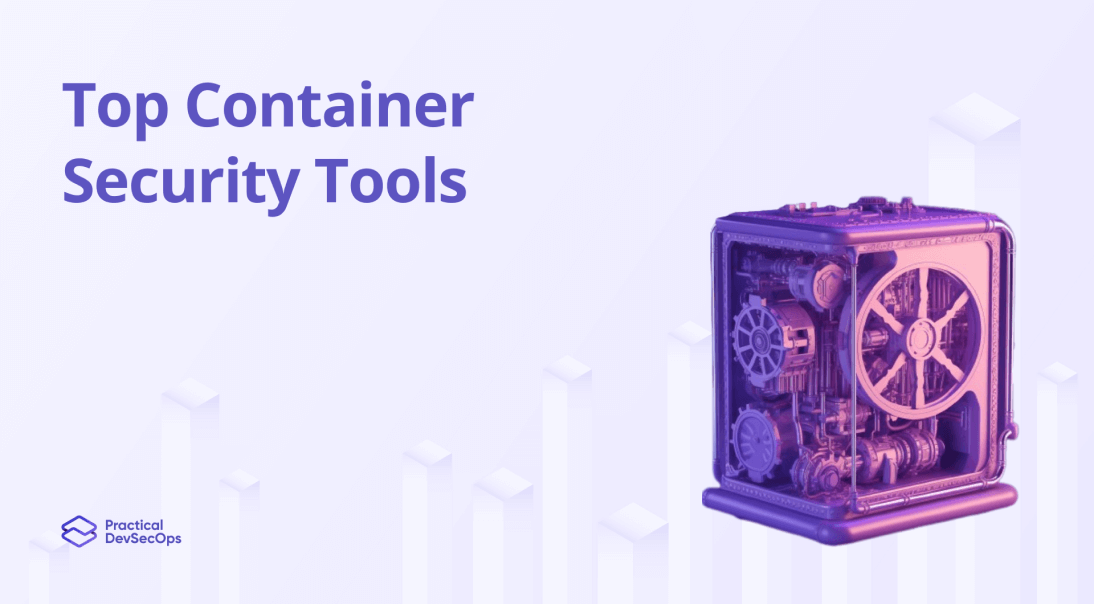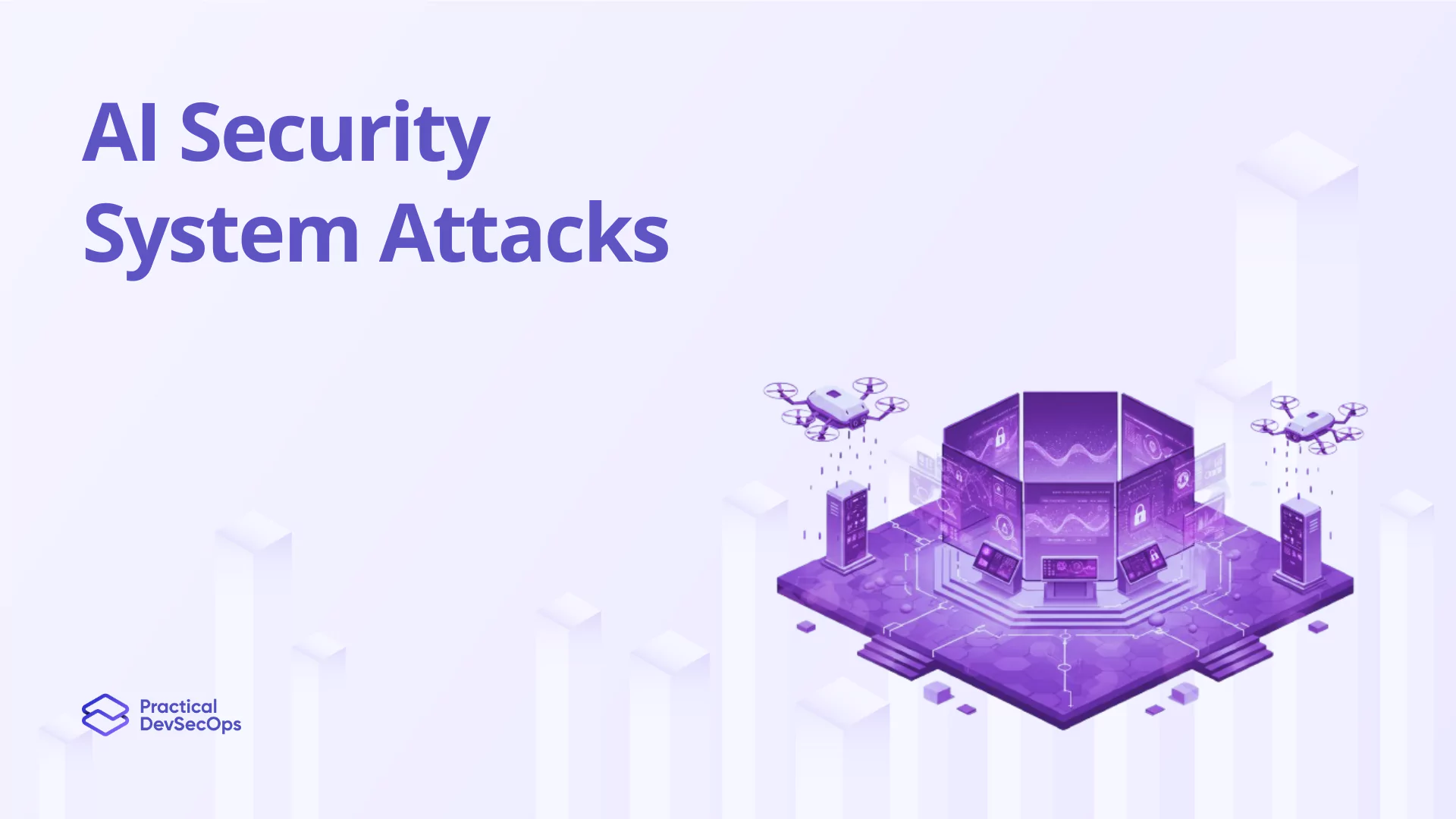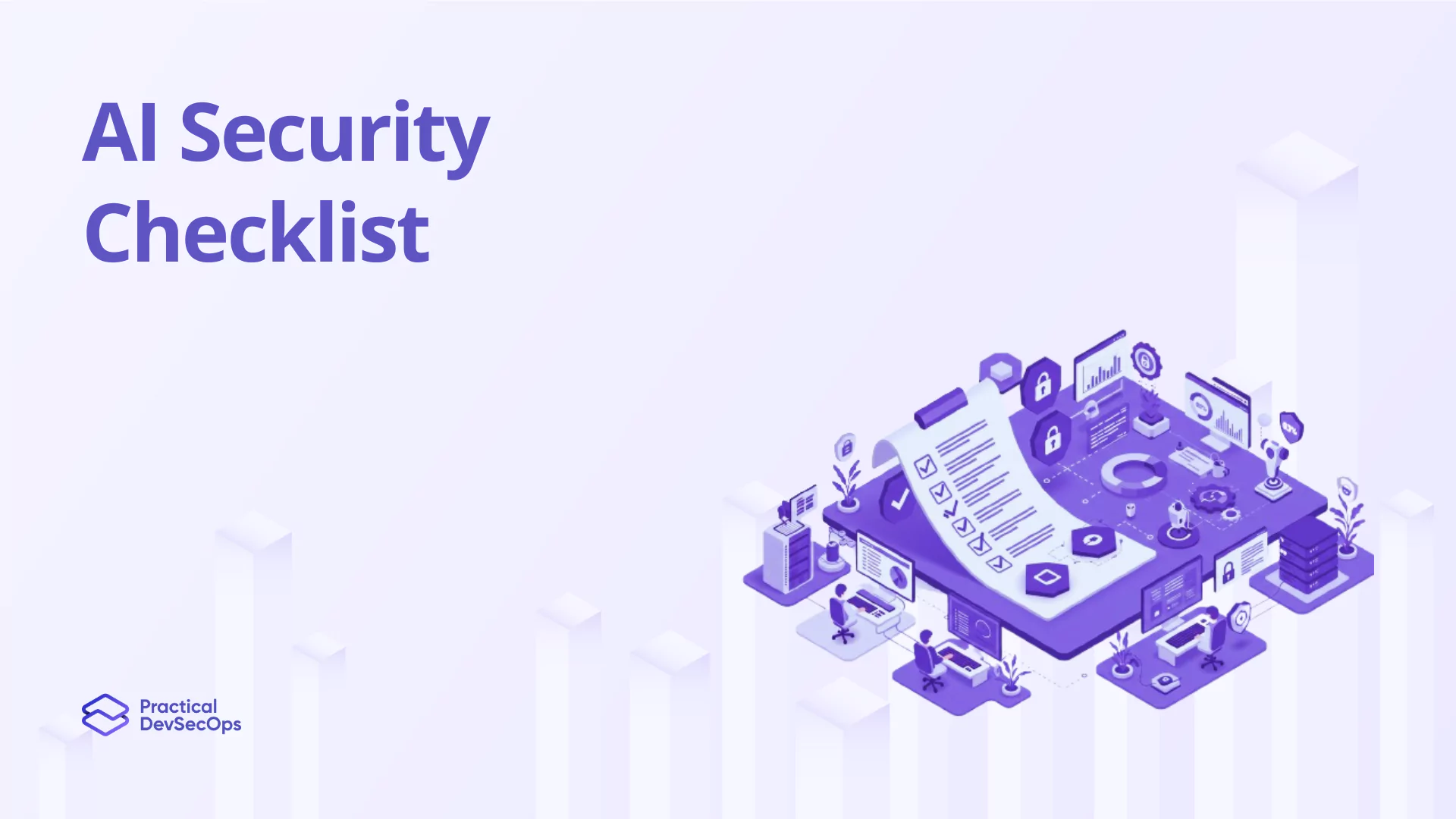Containerization has revolutionized application development and deployment, but it also introduces new security challenges. To mitigate these risks, leveraging the right container security tools is essential.
In this article, we will explore the top container security tools in 2025 across various categories, empowering you to fortify your containerized deployments and protect against potential threats.
Best Container Security Tools for 2025
Container Image Security
Ensuring the security of your container images is crucial to prevent the deployment of vulnerable or malicious code. The following tools help you scan and validate container images for security risks:

- Grype: A tool for detecting vulnerabilities in container images by analyzing their software dependencies.
- Anchore Engine: A comprehensive container image inspection and vulnerability scanning tool.
- Clair: An open-source tool for static analysis of vulnerabilities in container images.
- Trivy: A vulnerability scanner specifically designed for containers, providing detailed security reports.
Container Orchestration
Container orchestration platforms streamline the deployment and management of containerized applications. The following tools are dominant players in the container orchestration landscape:
- Kubernetes: An industry-leading container orchestration platform used for managing and scaling container deployments.
- Apache Mesos: A highly scalable and fault-tolerant cluster manager capable of handling containerized workloads.
- Nomad: A flexible and easy-to-use container orchestration tool backed by HashiCorp.
Runtime Protection
Runtime protection tools operate at the container runtime level to detect and prevent malicious activities and runtime anomalies. The following tools enhance container runtime security:
- Falco: A behavioral activity monitor designed to detect and alert on abnormal container behavior.
- KubeArmor: A Kubernetes-native security solution providing fine-grained container-level security controls.
- Tracee: An open-source runtime security and forensics tool specializing in container threat detection.
- Sysdig: A comprehensive container security platform offering real-time monitoring, threat detection, and forensics capabilities.
Vulnerability Management
Effective vulnerability management helps identify and remediate security weaknesses in container deployments. The following tools assist with vulnerability scanning and management:
- Tenable.io: A vulnerability management platform capable of scanning containerized environments.
- Qualys: A cloud-based vulnerability management solution that provides container scanning capabilities.
- Rapid7: A comprehensive security toolset, including vulnerability management for containerized environments.
- DefectDojo: An open-source vulnerability management platform with container security capabilities.
Network Security
Securing container networks is crucial to prevent unauthorized access and data breaches. These tools help you implement network security measures:
- Calico: A popular open-source networking solution providing network policy enforcement for container environments.
- Cilium: A powerful networking and security plugin for Kubernetes, providing encryption and fine-grained network policy enforcement.
- Weave Net: A lightweight and easy-to-use container network solution with built-in encryption and network segmentation capabilities.
Identity and Access Management (IAM)
Managing identities and controlling access to container environments is critical for maintaining security. These tools facilitate robust identity and access management:
- AWS IAM: The Identity and Access Management service provided by Amazon Web Services for managing access to AWS resources.
- Azure AD: Microsoft Azure’s cloud-based identity and access management solution geared towards securing Azure resources and applications.
- Okta: A widely-used cloud-based IAM platform providing seamless single sign-on and access control capabilities.
- Keycloak: An open-source IAM solution that enables centralized user management, authentication, and authorization.
Also Read, Angling for a Pay Raise? Upskill in Container Security
Incident Response
Efficient incident response tools streamline the detection, notification, and mitigation of security incidents. The following tools enhance incident response capabilities for container environments:
- Demisto: A comprehensive security orchestration, automation, and response (SOAR) platform.
- Splunk Phantom: A security automation and orchestration platform that helps streamline incident response workflows.
- CyberSponse: An integrated security orchestration, automation, and response (SOAR) platform for efficient incident handling.
- TheHive: An open-source incident response and case management tool designed to simplify collaboration and investigation.
Secure Supply Chain
Protecting your supply chain from compromise is essential to ensure the integrity of your containerized applications. The following tools aid in securing the container supply chain:
- Notary: A tool that provides trust and transparency for container image distribution and verification.
- Cosign: An open-source tool that enables digital signing and verification of container images and artifacts.
- Harbor: An enterprise-class container registry that offers vulnerability scanning, image signing, and access control features.
- Docker Content Trust (DCT): Docker’s built-in functionality that uses cryptographic signatures to verify the authenticity and integrity of container images.
Policy Enforcement
Enforcing security policies and ensuring compliance in container environments is critical. The following tools assist in policy enforcement:
- Open Policy Agent (OPA): An open-source policy engine that allows you to define and enforce policies across your container environment.
- Kyverno: A Kubernetes-native policy engine that ensures compliance and helps automate policy enforcement.
- KubeArmor: A Kubernetes security solution that provides fine-grained policy enforcement and auditing capabilities.
Also Read, Best Container Certifications
Secrets Management
Effectively managing secrets, such as passwords or API keys, is pivotal to maintaining the security of your containerized applications. The following tools aid in secrets management:
- HashiCorp Vault: A popular secrets management solution that offers secure storage and dynamic secrets generation.
- AWS Secrets Manager: A fully managed secrets management service provided by AWS, allowing you to securely store and manage secrets.
- Google Cloud Key Management: A cloud service that enables you to manage and secure cryptographic keys and secrets.
Authentication and Authorization
Ensuring proper authentication and authorization mechanisms are in place is crucial for protecting container environments. The following tools enhance authentication and authorization capabilities:

- Keycloak: An open-source IAM solution that handles user authentication, authorization, and Single Sign-On (SSO) for container environments.
- Auth0: A cloud-based IAM platform that simplifies identity management and provides robust authentication and authorization mechanisms.
- Okta: A popular cloud-based IAM platform that offers secure identity and access management services.
CI/CD Pipeline
Container security should be integrated into the Continuous Integration/Continuous Deployment (CI/CD) pipeline. The following tools help incorporate security practices into the CI/CD workflow:
- Jenkins: An open-source automation server that enables smooth building, testing, and deploying of containerized applications.
- GitLab CI/CD: A built-in, cloud-native CI/CD solution with strong container security capabilities.
- GitHub Actions: A flexible and scalable CI/CD platform that supports container security integrations.
The Need for Container Security
Containers, while enhancing scalability and efficiency, introduce unique security challenges such as image vulnerabilities, network segmentation complexities, and runtime threats. Securing containers is pivotal as they often run critical applications and access sensitive data, impacting the broader IT security posture by potentially creating new vectors for attack.
Core Components of Container Security
Network Security: Ensures isolation and protection of container traffic, using firewalls, network policies, and segmentation to prevent unauthorized access.
Runtime Security: Monitors and protects containers in real time, detecting and mitigating threats, unauthorized activities, and vulnerabilities.
Storage and Data Security: Focuses on protecting persistent data stored by containers, using encryption, access controls, and secure data management practices.
Compliance and Governance: Ensures container deployments adhere to regulatory and corporate policies, through auditing, policy enforcement, and compliance checks.
Container Security Strategies
Best practices include implementing least privilege access, regular scanning for vulnerabilities, using trusted container images, and securing the container orchestration platform. Continuous monitoring and vulnerability management are crucial for early detection of threats and anomalies in container environments.
Integrating Container Security Tools
Seamless integration of security tools into the container lifecycle involves embedding security at each phase of the development and deployment process, from build to runtime. Automation and orchestration play key roles, enabling consistent and efficient security practices across the container ecosystem.
Evaluating Container Security Tools
When selecting container security solutions, look for capabilities in comprehensive threat detection, real time monitoring, vulnerability scanning, and support for policy enforcement. Compare tools based on integration ease, scalability, performance impact, and support for your technology stack.
Container Security and DevSecOps
Integrating container security into DevSecOps workflows promotes a securityfirst mindset, with continuous collaboration among development, operations, and security teams. This integration ensures security is a shared responsibility and embedded throughout the CI/CD pipeline.
How Google Implemented Container Security within their Ecosystem?
Google’s use of container security tools in its Kubernetes Engine demonstrates how comprehensive security practices can be integrated seamlessly into containerized environments, yielding significant benefits in terms of security enhancement, compliance, and operational efficiency. This real-world application showcases the effectiveness of a well-implemented container security strategy in a top-tier company’s infrastructure.
Future Trends in Container Security
Emerging trends in container security include increased use of AI and machine learning for threat detection, adoption of zero trust models, and enhanced focus on securing container supply chains. Future advancements will likely emphasize automated security responses and tighter integration with cloud native ecosystems.
Conclusion
By leveraging these top container security tools in 2025, you can enhance the security posture of your containerized deployments and protect your applications and data from potential threats. Select the appropriate tools for your specific requirements, and remember to regularly update and test your security measures to stay ahead of emerging challenges.
For more information on container security best practices and related resources, feel free to refer to the following links:
- Container Security Best Practices
- Container Security Interview Questions
- Container Security Books
- Lesson 4: Hacking Containers Like a Boss
- Lesson 5: Hacking Containers Like a Boss, Part 2
- Lesson 6: Defending Container Infrastructure
Stay vigilant, stay secure, and continue your journey toward becoming a cybersecurity guru!
Interested in Container Security?







0 Comments